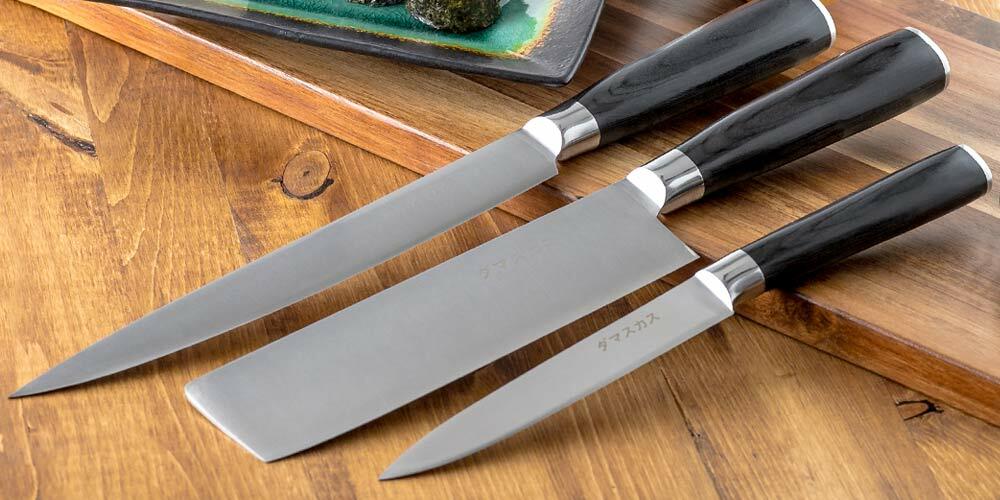Knives are essential accessories for both home and professional kitchens. Since they come in varying categories for specific tasks, you need to understand the best care and maintain longevity. If you purchase a knife from imarku or elsewhere, it is important to learn the basic do’s, and don’ts to get the best from these vital tools. Here are tips for caring for and maintaining kitchen knives.
Sharpening
Sharpening is an important aspect of caring for your kitchen knives. Using dull knives makes your work in the kitchen difficult, especially when cutting, slicing, or dicing. You also make the work more dangerous because you have to apply more pressure repeatedly; hence you might slip your fingers to the edge and cut yourself. In this case, you need to have your kitchen knives sharpened professionally to make your cutting tasks easier and comfortable. Use the right sharpener for each blade material to ensure that the knife is safe for use when cutting foodstuffs.
Honing
When you sharpen your knives, you need a grinder, which often reshapes small amounts of the knife’s blade. The edge will end up sharp but thinner over a certain use time than how it looked when you bought the knife. In this case, it is important to hone the knife to ensure it is straight and perfect for performing the specified tasks in the kitchen. You need honing steel of rod to help in realigning the edges of your knives. You can choose to home the knives occasionally, like twice a year, depending on your tendency of sharpening.
Use A Cutting Board
If your knives are properly sharpened and honed to give a perfect alignment, you need to ensure every cutting activity involves a cutting board. The surface that you use when cutting will determine the sharpness of your knife and its longevity. A cutting board made of wood, bamboo, or plastic is usually cheap and would be helpful in ensuring the knives are kept sharp. It can be cheaper to replace the cutting boards than sharp than the knives.
Cleaning
Cleaning is the obvious idea for caring for and maintaining kitchen knives. However, people underestimate proper cleaning ideas, especially to particular blade materials that require special attention. Most users tend to wash the knives in the dishwashers, which subjects them to terrible abuse. When you use the dishwashers, the rattling that happens against other utensils and the rack itself makes the edge of the knife dull. You are advised to practice handwashing for your knives and lightly oil the blades after drying to prevent them from rusting and corrosion. Carbon, in particular, is a blade material that requires special attention when cleaning.
Storage
After cleaning and drying your knives, you need to store them in the right conditions as specified by the manufacturer based on the blade material. However, some people will just throw the knives in the drawer with other utensils, which exposes the risk of injury while rummaging around. You need a magnetic strip fixed on your kitchen wall to stick your knives. You need to ensure the knives don’t knock each other around and are exposed to correct conditions to prevent rusting and corrosion.









